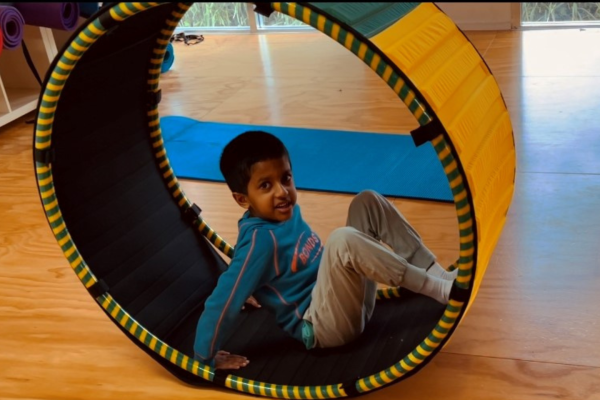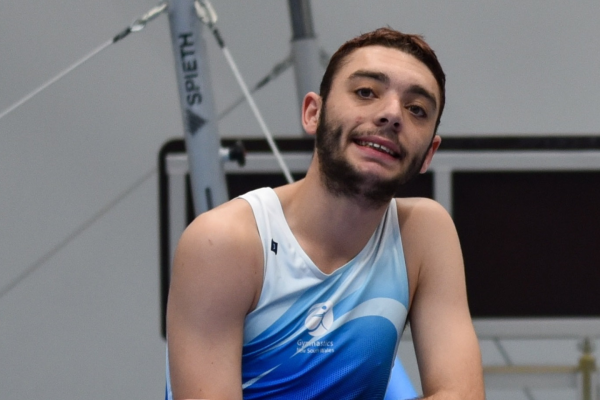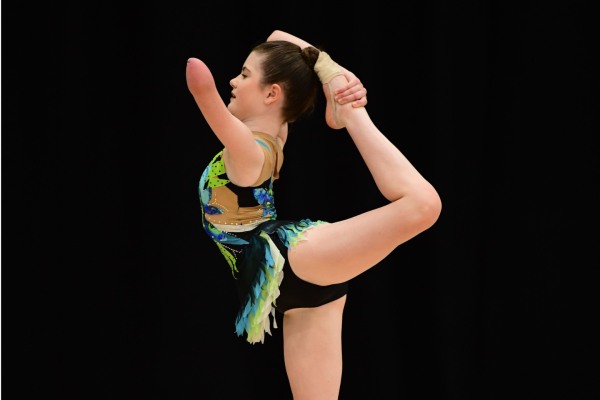
My transition to becoming a special needs mum
By Natalie Roberts-Mazzeo
Our daughter’s diagnosis unfolded in various stages, so when her more serious diagnosis arrived – I had already been knocked off my perch and rattled with all kinds of medical information and unknowns. The final diagnosis felt like salt being rubbed into an open wound, it was one of the most crazy and chaotic times of my life.
At my 20 week ultrasound scan the the words ‘equinovarus talipes’ rolled off the sonographers tongue, otherwise known as ‘clubfoot’. I was assured it was a common and treatable condition. Then, not long after the birth of our beautiful girl, doctors began to raise concerns around the size of her head.
Our doctor ordered cranial ultrasounds as follow ups over the coming months, so we left the hospital feeling a little uneasy and unsure about her overall health, and she was only four days old.
As I began to share details about Chiara’s clubfoot, I noticed I felt uneasy and even a little bit embarrassed. I was worried what people would think. Would she get teased?
Looking back now, I see a mum who had no idea just how much the world would embrace diversity – she just needed to learn to do the same.
A few months on, even after two cranial ultrasounds that were ‘normal’, things just weren’t right. I knew something else was wrong with Chiara’s health, and when her final diagnosis hit, I was spinning. My daughter had a stroke in utero and as a result she had acquired a very serious brain injury.
Once the initial shock had settled I now had to assimilate into the world in a very different way; as a ‘special needs mum’.
All of a sudden our lives were so different to the one we knew. Hospitals, medical terminology, special needs equipment, therapies, funding, research and reports were now our daily norm.
The transition is never an easy one. There is a time where you feel like you have one foot in familiar parenting territory and the other in this extremely foreign and scary place of a raising a child with a host of medical issues. Life feels split and surreal and you have to step out into the world as an advocate for your child, even when you are still learning what on earth it’s all about.
Conversations need to happen, whether it’s to your employer, family, friends, the person at the supermarket check-out or the community at large.
In order to merge all your realities into one, there is a time where you have to educate those around you, about what exactly it is – that your child has been diagnosed with.
In the beginning the conversations are awkward, it’s hard to make it through without tears or trembling.
You spend most nights scrolling through the world wide web, to educate yourself on each individual diagnosis.
Over time you need to explain the new stages of your child’s condition(s), perhaps a missed milestone and the subsequent care around that or equipment and communication needs or so much more.
Some years on now I can confidently rattle off each diagnosis, rarely without a trigger or tear. I have learnt intuitively when and to whom to share ‘more’ or ‘less’ about my child’s health issues.
So as we learn along the way how to assimilate into this new way of life, we meet some incredible people along the way.
Strangers will open up and offer some of the most powerful and valuable advice that you will ever hear.
Others will skim over the most full-on details, for example when you mention your child has a short life expectancy, you may hear things like “none of us know when we will die” or “my aunts-cousins-friend’s child has some some similar health issues”.
You will receive so many varying responses, feedback and suggestions. Some will churn your stomach, some will feel like a soothing-balm and others will leave you totally and utterly perplexed. But more often than not, you will come across angels. People who will leave you speechless with their incredible love, compassion and deep understanding. People who will just ‘get it’ and see your child for who they truly are.
Over time I’ve learnt to extend a little more compassion to those who perhaps have a limited view on the complexities of raising a child with additional needs, and remember that I too, was once very ignorant to the trials and tribulations that so many families experience along this journey.
But when that moment comes where you feel confident in this new and unique role, you soon realise it doesn’t matter what the world says or does, it only matters how you feel and respond to this precious and sacred gift of raising your child… …. additional needs and all.
Natalie is the Founder of Miracle Mama. You can also connect with Natalie on Facebook and Instagram.








